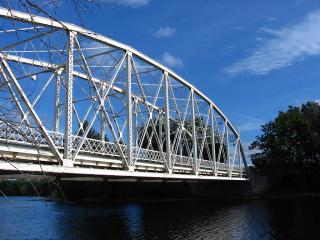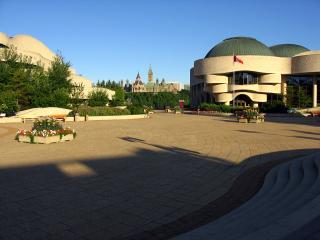
There has been a lot of talk lately about compact fluorescent light bulbs. Huge billboards of David Suzuki looking like a genie, with a glowing CF bulb floating above his hand, dot the landscape. While these bulbs are a lot more efficient, they aren’t likely to make a huge difference in the long run. Arguably, it would be better to focus on encouraging the building of passive houses, which require no energy for heating, rather than making marginal improvements in existing dwellings. It may be entirely desirable to do both, but when it comes to finding a symbolic signal issue to rally around as energy conservationists, the latter option is a lot more impressive.
To qualify as a passive house, a building must use less than 15 kWh per square metre per year for heating. That works out to less than $1 per square metre at current energy prices in Ontario. Total primary energy usage for such houses (heating, hot water, and electricity) is not to exceed 120 kWh per square metre per year. The technology to do this isn’t absolutely cutting edge: a passive house has been continuously inhabited in Darmstadt since 1991.
Apparently, building super-insulated houses with the ability to heat and cool themselves using just the ambient light and heat in their surroundings does not cost significantly more than building ordinary houses (though it requires different materials and more expertise). Given how virtually none of them exist in North America, it seems fair to say that consumer demand – even with high energy prices – is not sufficient to drive a large scale shift.
A number of different policies could help boost adoption: municipalities could require that a certain proportion of commercial and residential buildings constructed be passive in this way, subsidies or tax breaks could be given to firms that choose to employ such construction methods, and so forth. At the very least, government could make a concerted effort to do most of its own building in this way.
Masses of additional information is online:
As environmental statements go, building or living in such a house is probably much better than driving a Prius.




